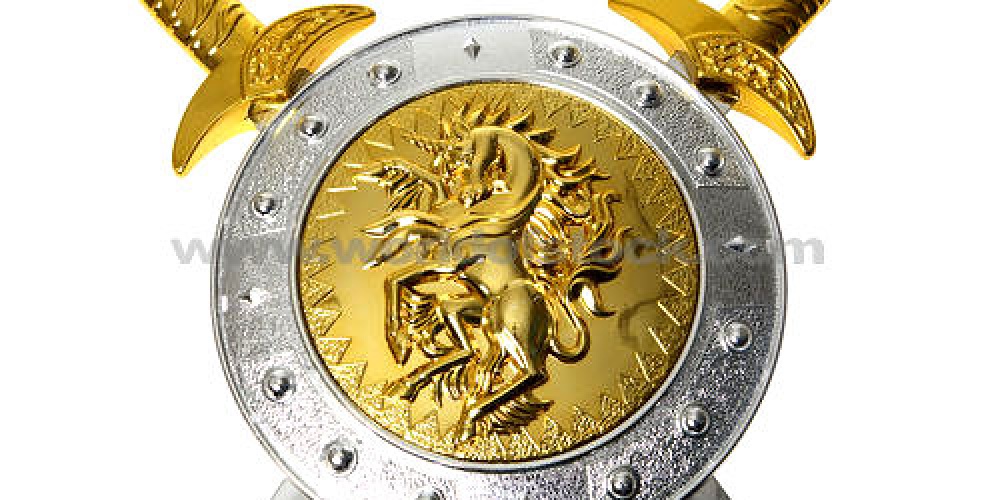
The sixth chapter of Shabbat begins with the issue of what ornaments a woman—and to a lesser extent, a man—may or may not wear on Shabbat in a place with no eiruv. The Sages feared that, upon meeting people in the street, one might take off the ornament in order to show it to one’s friend, and inadvertently violate the prohibition of carrying on Shabbat. Thus, for example, the Mishnah forbids a woman to wear a “City of Gold”, a beautiful piece of gold jewelry that was given by Rabbi Akiva to his wife. Of course, the Bible forbids the wearing of that which is not clothing.
“A man should not go out with a sword, bow, shield, or spear; and if he goes out, he must bring a sin offering”. Military garb, our Sages argue, is not to be considered as clothing, highlighting the sad reality of man’s willingness to kill. Rather, such clothes are considered a mashui, “burden”; and wearing them on Shabbat is a form of carrying and a violation of Shabbat. Rabbi Eliezer disagrees, arguing that “they are ornaments to him”, reflecting the pride that many have in the military. The Sages counterquote with the verse, “And they shall beat their swords into plowshares, and their spears into pruning hooks; nation shall not lift up sword against nation, nor shall they learn war anymore” (Isaiah 2:4).
Yet this does not end the dispute. While acknowledging that in an ideal world, military equipment will be unnecessary and thus a “burden”, Rabbi Eliezer argues that the Messianic Age of peace has not yet arrived. Thus, sadly, military garb is still necessary. And if worn properly—say, by a member of the Israeli army—we can and should take pride in our military. Nonetheless, the Sages apparently feel that, while necessary, we must lament the fact that we need to invest in military equipment. Carrying a sword when not in battle is a violation of Shabbat.
The Gemarah then records a second version of the dialogue between the Sages and Rabbi Eliezer. In this version, Rabbi Eliezer asserts that even in the Messianic Era, military clothing can be worn with pride. This, the Talmud asserts, is in line with Shmuel’s view that “there is no difference between this world and the Messianic Era except for the subjugation of nations”. Even wars will continue; the only change will be that the Jewish people will live in freedom. This rather startling view assumes that the prophecy, “that nation will not lift up sword against nation, nor shall they learn war anymore” refers not to the Messianic Era, but rather to the World to Come (see Maharsha). This view of Shmuel’s was made famous by the Rambam, who adopts it—while at the same time acknowledging that ultimately, we cannot know what will happen until after the events occur. To try and predict the future is at best a waste of time, and at worst a most dangerous activity – as proven time and time again throughout Jewish history.
Such a debate is most relevant as we mark the end of Chanukah. There seems to be a certain conflict as to the main impetus for the holiday. While the Al Hanissim (and most historical records) focus on the military victory, the Gemarah almost completely ignores any military victory (“And when the kingdom of the house of Hasmoneans prevailed against them and defeated them” being the only reference) and concludes that it is miracle of the oil that is the basis of the holiday. Celebrating military prowess is not something our Sages desired.
Jewish law has accepted the view of the Sages – that military equipment may not be carried on Shabbat. May we merit the day when all things military will be no more than relics of the past. And that will be worthy of much celebration.



